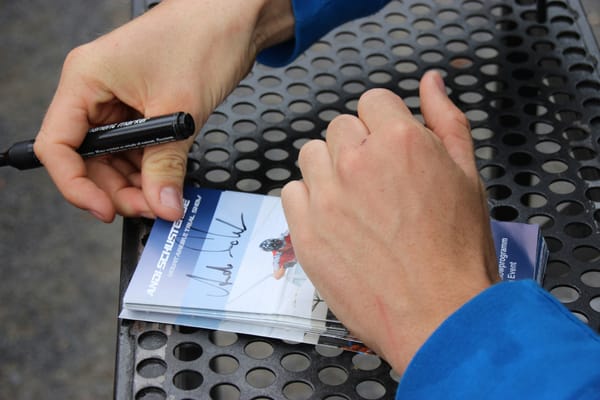Pepperdine University’s Lawsuit Against Netflix for Trademark Infringement Based on New Series “Running Point”
Pepperdine University is suing Netflix for using strikingly similar features for the basketball team in their new series, “Running Point,” and for unauthorized use of Pepperdine’s trademarks and branding By: Marina Ghazarian

On February 20th, 2025, Pepperdine University filed a lawsuit against Netflix and Warner Bros. Entertainment for trademark infringement resulting from Netflix’s new hit series “Running Point,” which aired on February 27th. The show portrays Kate Hudson as the new owner of her family’s professional basketball franchise, the “Los Angeles Waves,” who is faced with the realities of navigating a male-dominated world of sports. The logo for the “Los Angeles Waves” shares a striking resemblance to the well-established branding that Pepperdine University’s basketball team and athletic programs have used for over 85 years. Not only does the fictional team display the same blue, white, and orange colors as Pepperdine, but the team also uses the number 37 frequently, which Pepperdine claims refers to their founding year of 1937. Additionally, setting the plot in Los Angeles, using the same mascot, and naming the team the "Los Angeles Waves," led Pepperdine to sue Netflix over the numerous similarities.
The University argues that the show has caused them moral inflictions, giving them the basis for their misappropriation claims. As a Christian university, Pepperdine claims that the show harms its institutional identity through the association of strong language, infidelity, and drug use.
Asserting that the themes illustrated in the show go against the school’s values and reputation, the suit referenced a scene in the trailer where Hudson’s character poses topless with a pair of basketballs. The suit references the many similarities and asserts that consumer confusion and a false link between the university and the show will result, tarnishing the name of the prestigious institution.
Pepperdine attempted to resolve this issue with Netflix and Warner Bros. but was unable to reach a representative. Pepperdine then filed this suit in the U.S. District Court for the Central District of California, seeking injunctive relief and damages for the infringement caused by Netflix’s misappropriation of the university’s brand. Netflix denied Pepperdine’s allegations and claimed that the use of their basketball team, the “Waves,” was protected due to its artistic relevance and inability to mislead viewers into thinking that the team was affiliated with Pepperdine University.
Agreeing with Netflix, Judge Cynthia Valenzuela rejected Pepperdine’s request for a temporary restraining order and concluded that the show’s description of the basketball team and use of the team name “Los Angeles Waves” was protected by the First Amendment. Judge Valenzuela explained that the show is a nod at the Los Angeles Lakers and uses the “Waves” to encompass the Los Angeles lifestyle associated with sunshine, beaches, surfing, and waves.
Historically, courts have used the “Rogers Test” to resolve litigation between First Amendment freedoms and trademark infringement. Named after actress Ginger Rogers, the test was established in a 1989 lawsuit where Rogers sued over a film that depicted a character seemingly inspired by her. The court ruled that using a celebrity's name in a work's title is allowed as long as it does not mislead the public or falsely imply the celebrity's endorsement. When applying this test to the Pepperdine lawsuit involving the name "Los Angeles Waves," it is likely that the use of this name could be challenged, as it does not suggest any connection to Pepperdine University, does not imply endorsement by the school, and does not reference the private Malibu-based institution.
Pepperdine University’s attempts to sue Netflix and Warner Bros. Entertainment for trademark infringement have proven to be unsuccessful, as the show, “Running Point,” successfully launched as planned and remains on the streaming platform currently.




